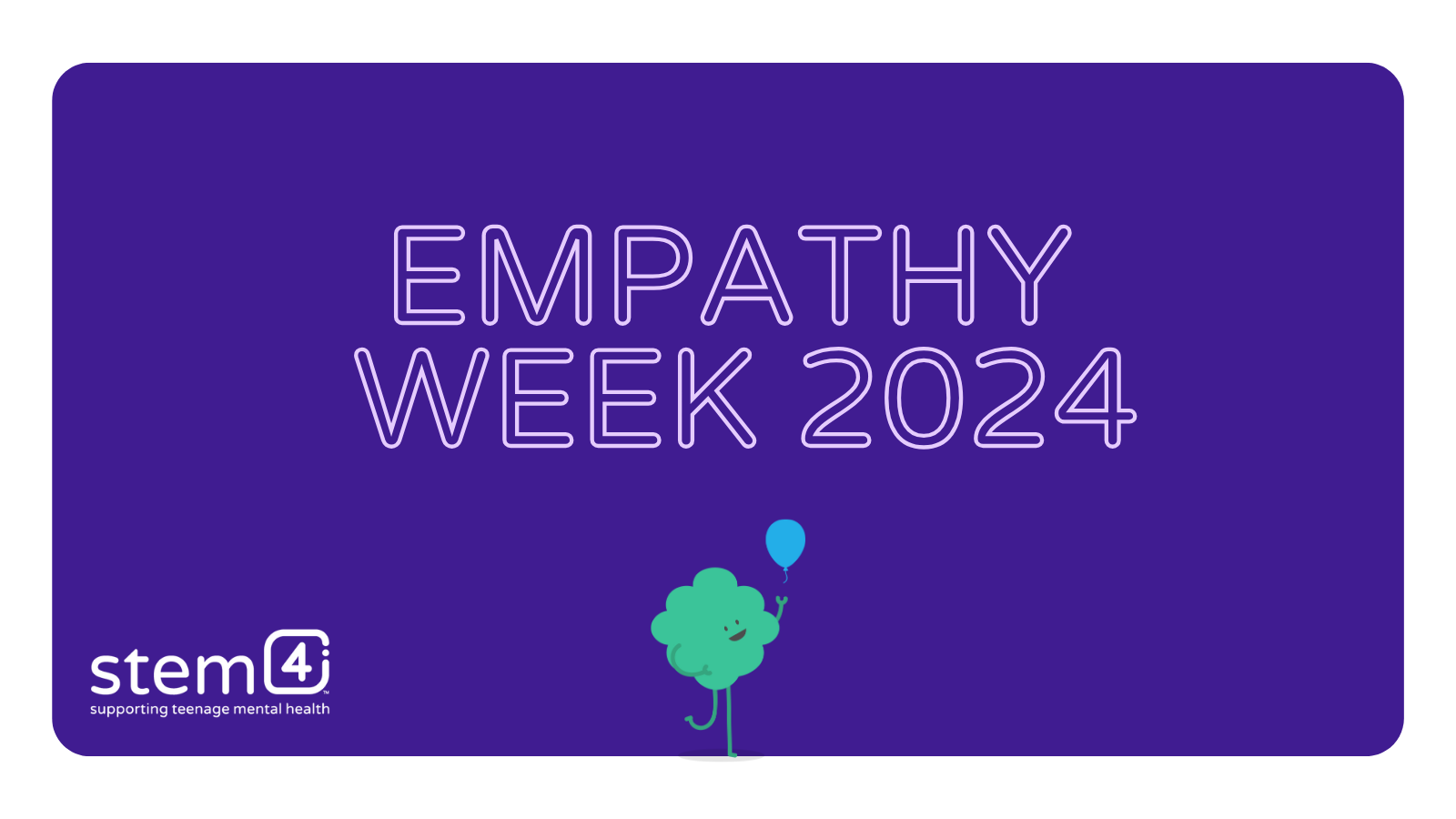‘Empathy can be learned – but in age-appropriate stages’ Some tips for caring adults. Dr Nihara Krause MBE

Empathy Development over age. These ages are rough guides based on predicted cognitive development. However, everyone is different so adapt the tips to suit your child or young person.
Up to around 5:
- Read stories or watch films, mention the character’s feelings, and demonstrate some ways to care.
- Reinforce social skills through providing opportunities for socialisation.
- Describe emotions in them and in others. Link them with cues they can understand, eg. ‘Stamping your feet means being angry.’
- Avoid immediate gratification. Help them to learn to be ‘emotionally patient’.
5-7
- Create activities that help express emotions – for example a happy collage and a sad collage.
- Reduce differences and embrace diversity by understanding and accepting commonalities.
- Reinforce emotion regulation through helping calm big emotions and express them in positive ways.
- Encourage the learning of placing healthy boundaries together and then by themselves, for example, ‘There are two sweets. How many might you like to have and when?’
- Provide them with experiencing learning to wait and positively reinforce the benefits of doing this.
7-10
- Have wider exposure to different books and films and discuss the emotions and connections between characters.
- Help them to be mindful in daily activities. For example, ‘let’s really slow down drinking this and focus on the taste and smell’.
- Continue to positively reinforce healthy behaviour and emotional regulation. Give them alternative ways to manage if they find it hard.
- Provide opportunities to be helpful and generous.
- Provide opportunities to share and to lose gracefully.
- Help them learn to say no in friendships.
11-13 years
- Help connect with community activity and volunteering.
- Explore ideas about current affairs, choose balanced perspectives.
- Incorporate mindfulness practice in everyday activities.
- Provide opportunities to be kind to others and to oneself.
- Learn to be assertive in a firm but kind manner.
- Support doing regular random acts of kindness.
- Provide the basics on online interactions. Help them learn to stop, reflect on the impact of the message and respond suitably.
14 onwards
- Practice putting aside something you want, in order to be kind or caring to someone else
- Learn to surf big emotions through learning to wait until they become smaller (Download the Calm Harm app for tips and activities to help you ‘ride the wave’)
- Positively reinforce empathetic behaviour.
- Help learn conflict resolution.
- Take opportunity to discuss online interaction, check on some of the messaging and provide constructive feedback.
- Learn to change judgement into acceptance or compassion.
View this post on Instagram
Did you find this page helpful?

